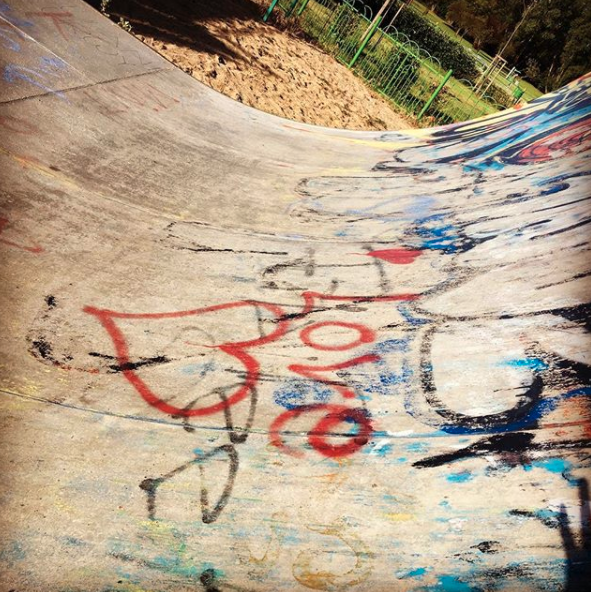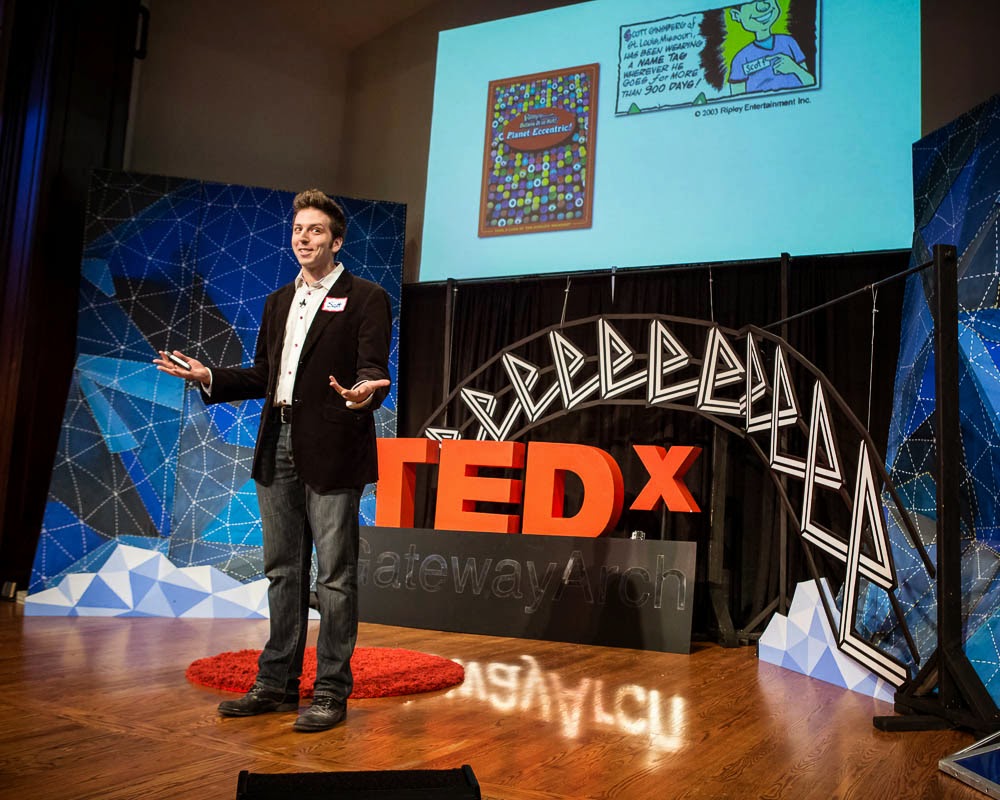

As a job search experiment, I once showed up in the lobby of an advertising agency I was dying to work for, sat on the couch all afternoon in silence, and when the owner finally came out of his office, I marched right up to him, slammed my fist on the desk, looked him dead in the eye and said:
I want a job, and I’m not leaving until you hire me.
Believe it or not, that approach actually worked. In a city where eight million centers of the universe were scrambling around town trying to frogger their way to the front of the line, I somehow managed to stick out using the oldest trick in the book.
It was like a montage out of a cheesy eighties romantic comedy. Even I couldn’t believe my good luck.
Of course, that was the operative word. Luck. Because despite my gumption and good intentions, my supposed victory was really just a product of serendipity.
Perfect timing. Planetary alignment. Preparation meets opportunity. Lighting in a bottle.
The reason I know this is, I tried the same approach again. Dozens of times with dozens of other companies I wanted to work for. And it never worked again. Hiring managers weren’t impressed. Some of them even called security.
It’s like my mentor used to warn me, the first time it’s art, the second time it’s a tactic.
Psychologists call this phenomenon outcome bias, which is our tendency to judge a decision by its eventual outcome, instead of judging it based on the quality of the decision at the time it was made.
Turns out, human beings are prone to assigning more positive significance to a decision when the outcome is positive.
Like the addictive gambler who uses anecdotal evidence from friends to justify staying at the same blackjack table until sunrise. Because in his mind, continuing to play could result in winning millions of dollars. And so, outcome bias prevents them from leaving the casino until he pisses away his only son’s college fund.
Proving, that just because your strategy worked once in the past, doesn’t mean it’s a foolproof solution in the future.
Harvard conducted a widely cited study on this very phenomenon several years ago. And in the paper’s final conclusions, the psychologists reported the following:
Sometimes bad things happen when good people are unlucky, and sometimes scoundrels get away clean. Ultimately, judging decisions based on their outcomes will wind up condemning too many unlucky people and acquitting too many scoundrels.
It’s finally time to get go. Lose the stuff that helped once, but isn’t helping anymore.
LET ME ASK YA THIS…
Are you afraid to abandon a strategy that you’re in love with, despite its diminishing returns?
LET ME SUGGEST THIS…
For the list called, “99 Ways to Think Like an Entrepreneur, Even If You Aren’t One,” send an email to me, and you win the list for free!
* * * *
Scott Ginsberg
That Guy with the Nametag
Author. Speaker. Strategist. Inventor. Filmmaker. Publisher. Songwriter.

Never the same speech twice. Customized for your audience. Impossible to walk away uninspired.
Now booking for 2017-2018.
Email to inquire about fees and availability. Watch clips of
The Nametag Guy in action here!
